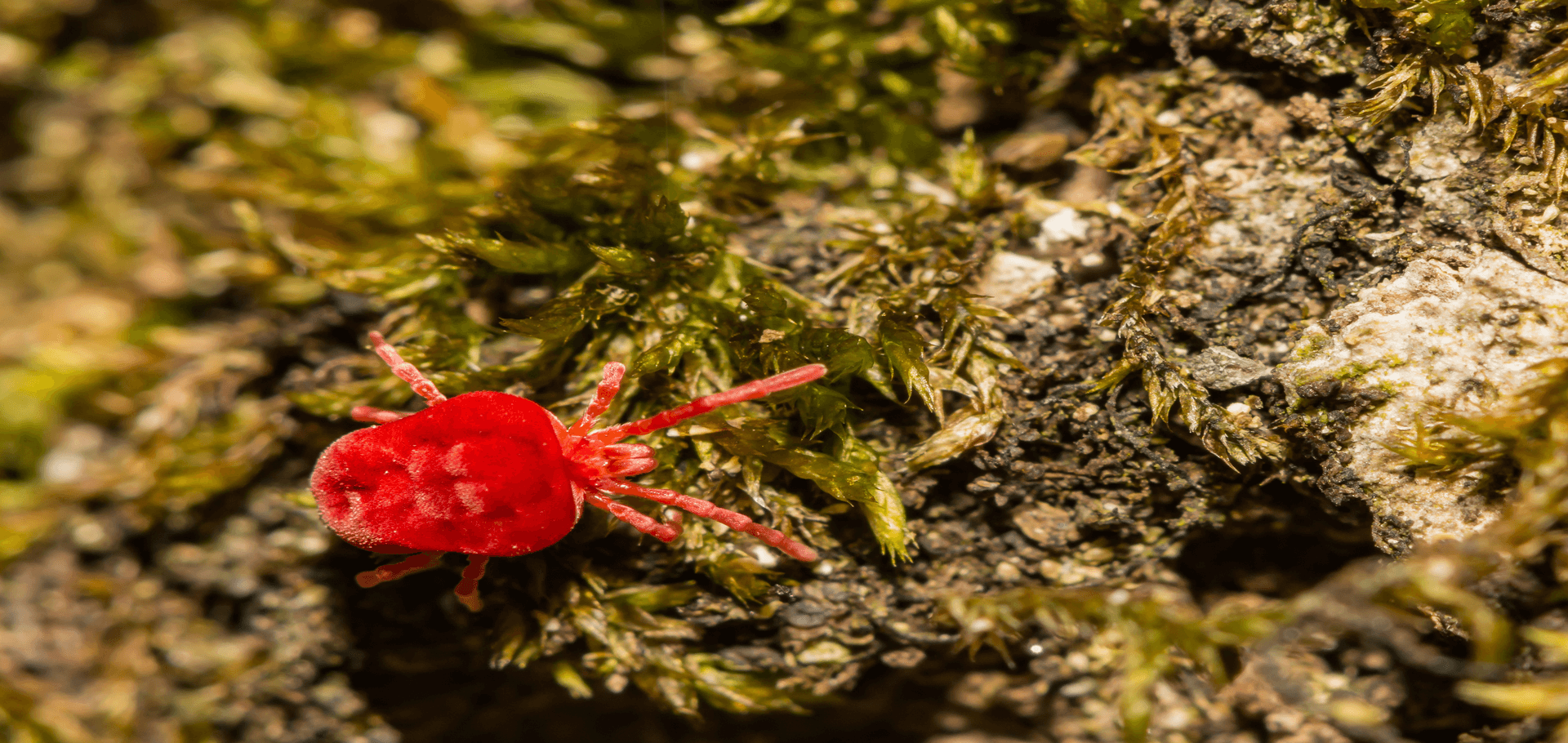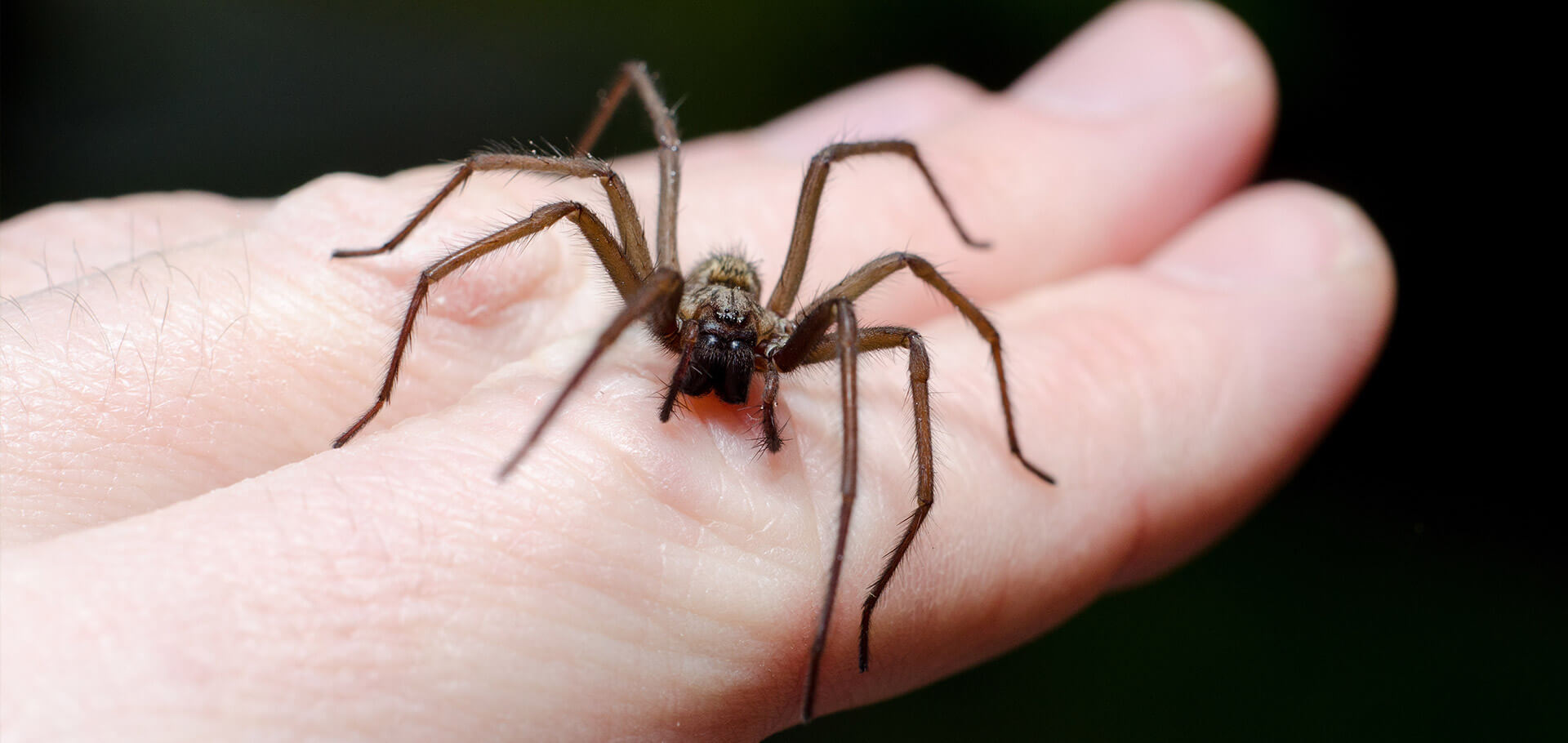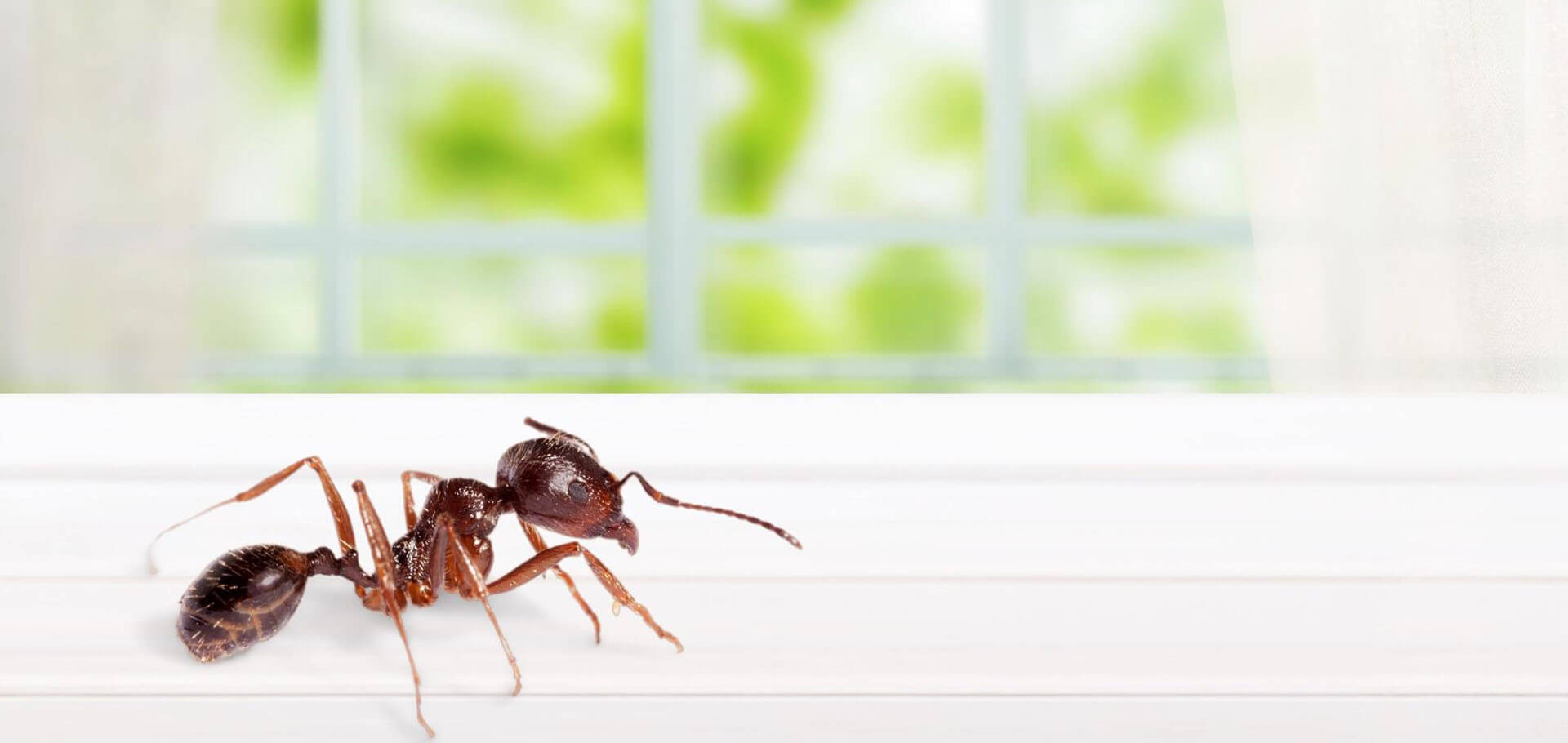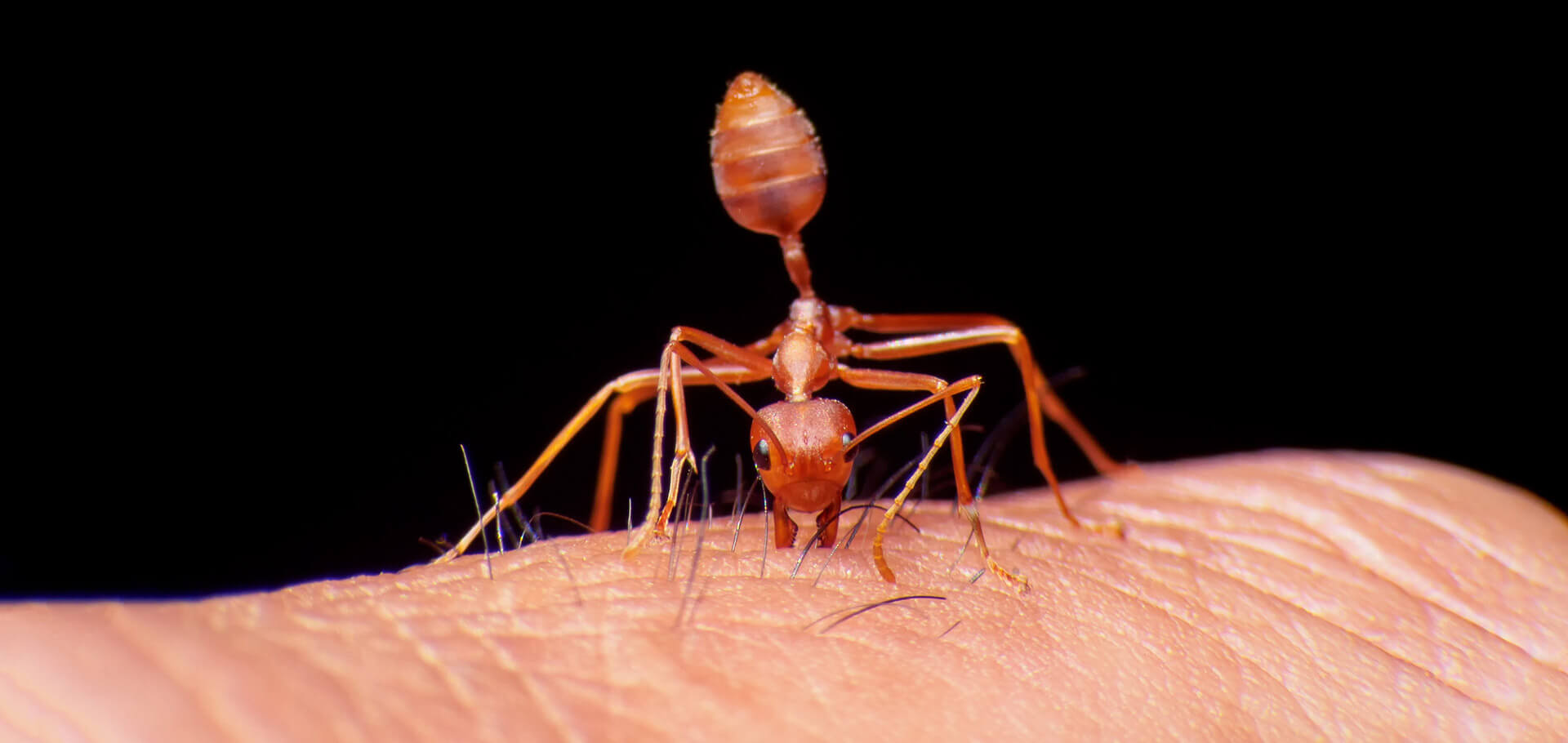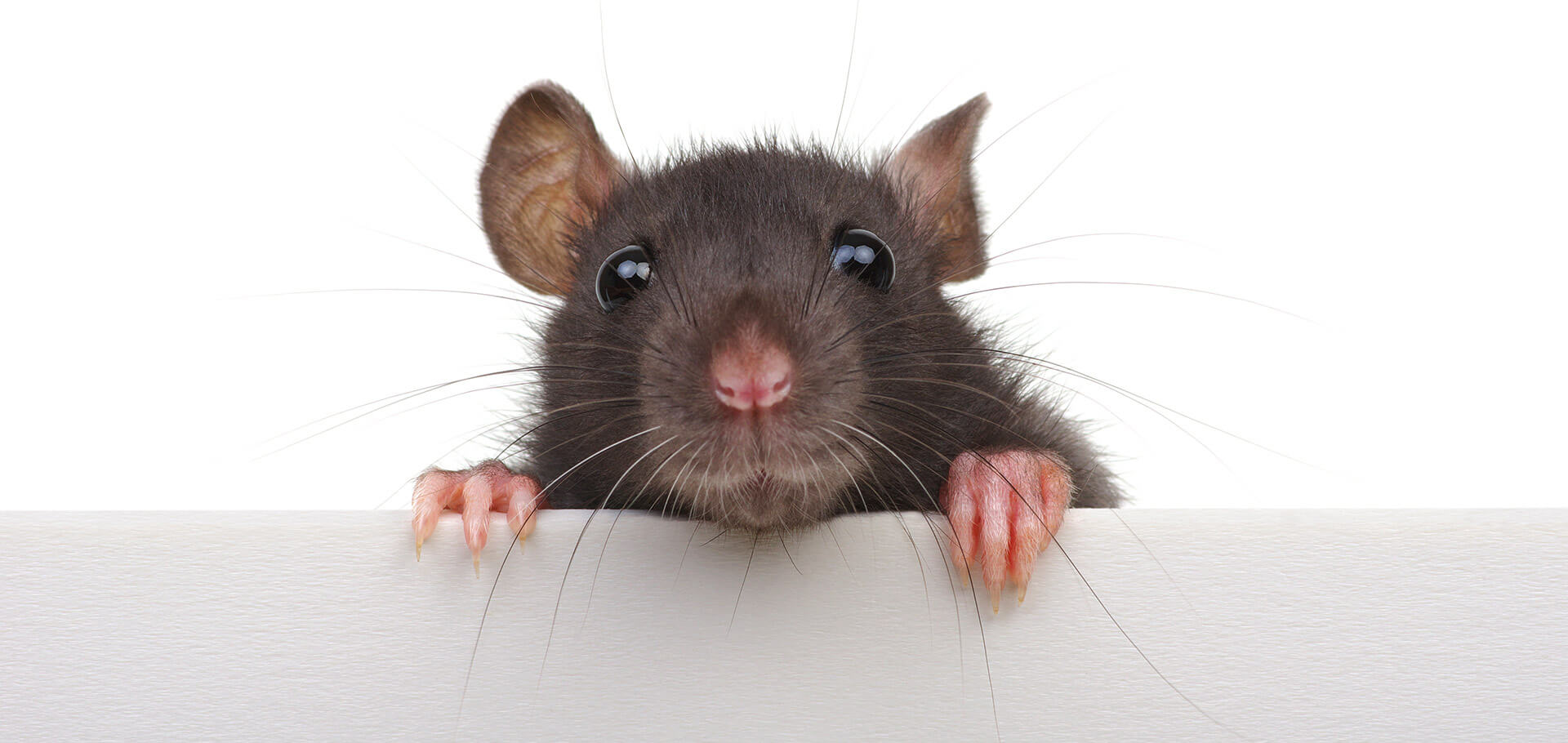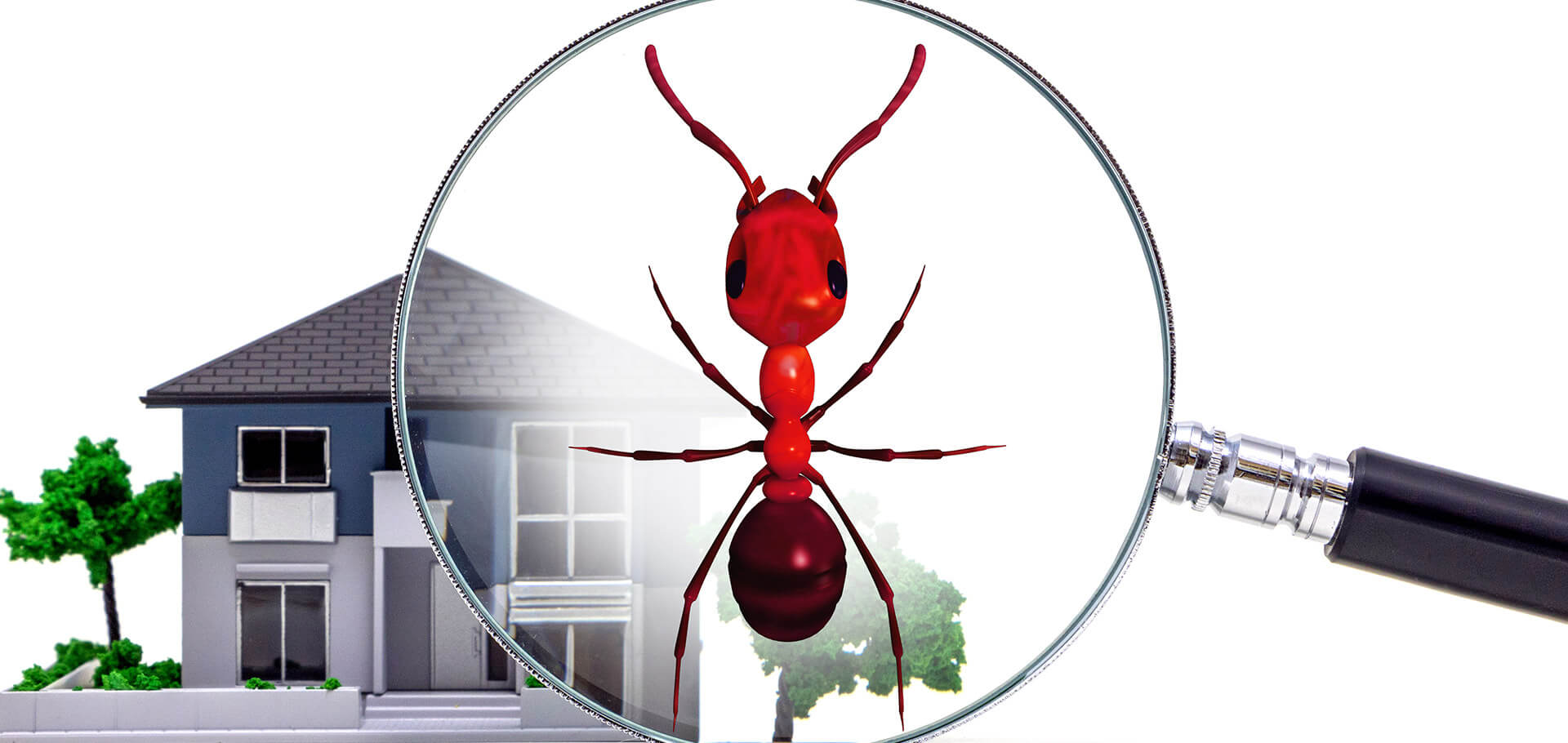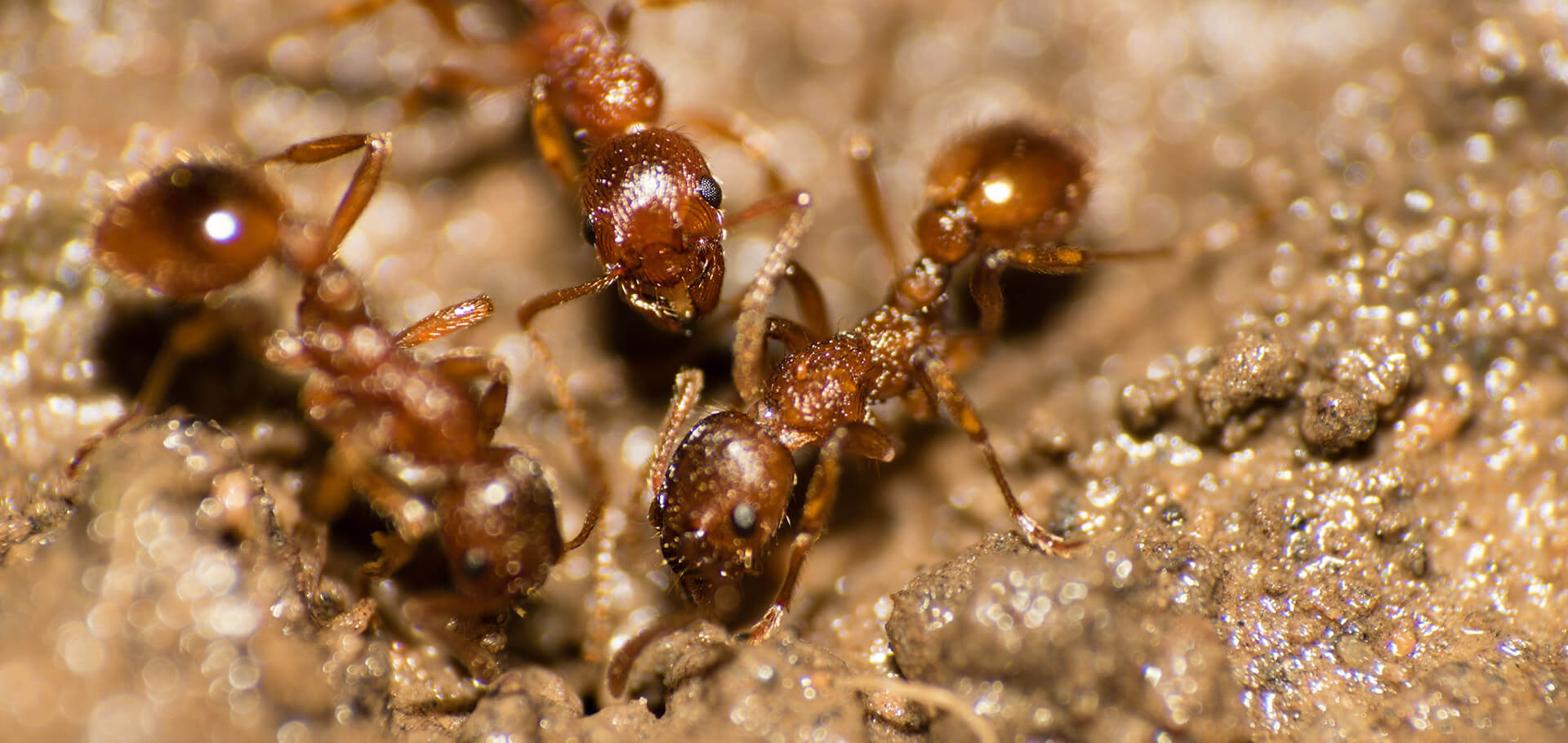Summer days are for enjoying beautiful weather, warm temperatures, and spending time outdoors with friends. This is a great time when memories are made for all of us. Unfortunately, it is also a time when insects like chiggers attack. These nuisance bugs live in damp, shaded areas around vegetation that are low to the ground around your home. Given the chance, they will gladly migrate to your skin where they will leave chiggers bites that can produce an uncomfortable, itchy rash. Let’s look deeper into chiggers so you can better defend yourself and your home.
How & Where Do Chiggers Bite?
- The bite of a chigger differs from many insects. They don’t suck blood like mosquitos or ticks. Instead, they use their sharp feeding structures to puncture the skin and inject their saliva. This saliva is full of enzymes that will begin to break down tissue, allowing chiggers to feed on the dead cells, sometimes for several days.
- Chiggers bite wherever they have been able to gain access to the skin. This is often on the legs or around the waistline. They also find it easy to feed in areas of crevices or skin folds and may bite behind the knees, around the armpits, or at the groin.
What Do Chigger Bites Look Like?
Chigger bites result in red rashes that resemble bumps, blisters, or even hives. These rashes can itch profusely and may even be bad enough to wake you in the middle of the night. It can take one to two weeks for symptoms to fully resolve.
How To Treat Chigger Bites
While the bite of chigger does not transmit any disease, excessive scratching can result in an infection and the symptoms they produce are very uncomfortable. If you have suffered from chigger bites, you’ll want to find effective treatment options to help them resolve as quickly as possible.
- The first line of defense is to bathe and wash any clothing that may have come into contact with the bugs.
- Then, you can treat the bites topically with an over-the-counter anti-itch cream like hydrocortisone or calamine lotion.
- Cold compresses and antihistamine pills may also help temper your skin’s reaction.
- Finally, be on the lookout for signs of a more serious allergic reaction and be prepared to seek medical help quickly should worsening symptoms occur.
Protect Your Yard From Chiggers
Chiggers are an invasive and bothersome insect. Don’t let them become a problem in your yard, ruining your precious summer days with their inflammatory bites. Pest control experts like those at Chorbie can help protect your yard from chiggers and all other manners of pests. To get started, give our team a call, and learn more about how we can keep your home and yard insect-free.

